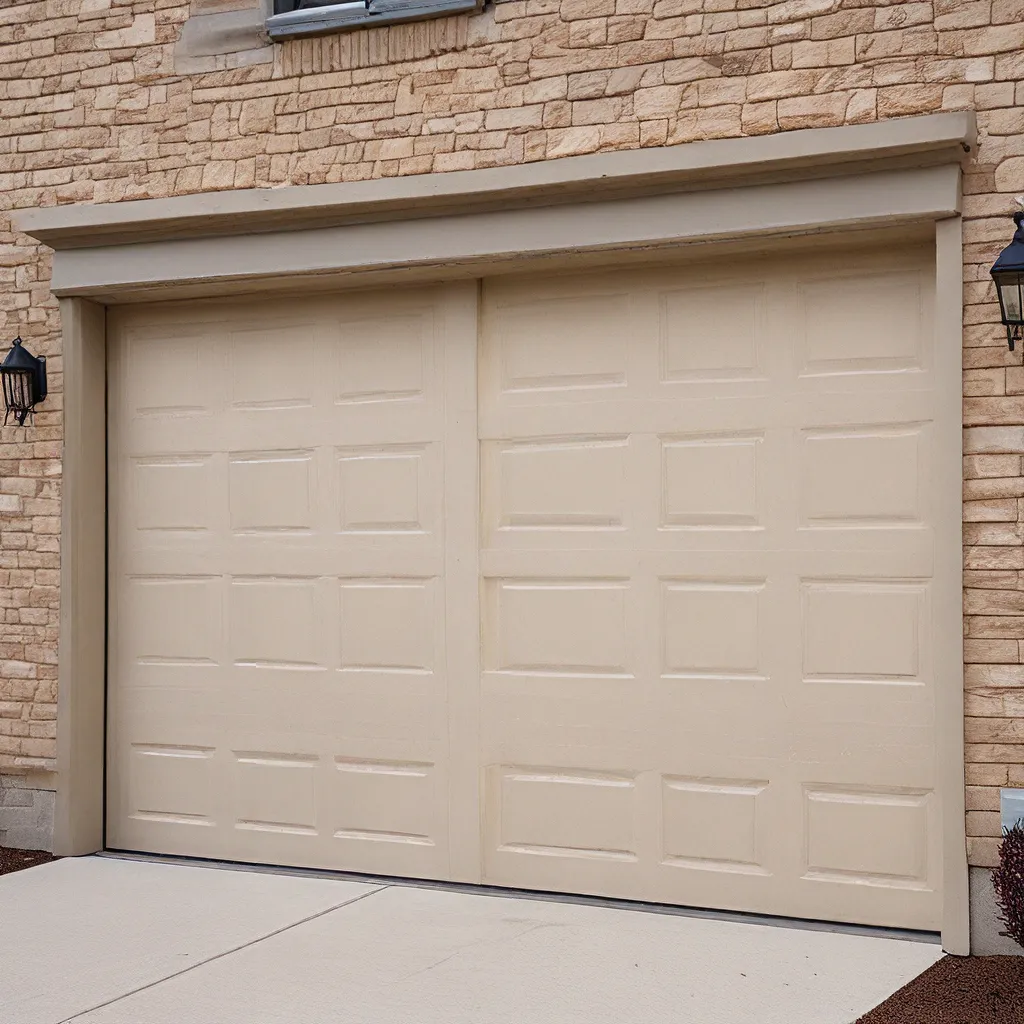
In the quest for energy efficiency and cost savings, the often-overlooked garage door can play a pivotal role. As a significant component of a home’s exterior, an energy-efficient garage door can significantly impact your home’s comfort and utility bills. In this comprehensive guide, we’ll explore the benefits of garage door insulation, the latest smart door technologies, and expert tips for installation and maintenance to help you make an informed decision.
The Importance of Garage Door Insulation
Garage doors are often a weak link when it comes to a home’s overall energy efficiency. An uninsulated garage door can allow significant heat transfer, causing your HVAC system to work harder to maintain a comfortable temperature throughout your home. This, in turn, leads to higher energy bills and decreased energy savings.
Properly insulated garage doors can make a remarkable difference in your home’s thermal performance. By reducing heat loss in the winter and heat gain in the summer, insulated garage doors can help maintain a more consistent temperature in your garage, as well as any living spaces above or adjacent to it.
The insulation value of a garage door is typically measured by its R-value, which indicates the material’s resistance to heat flow. The higher the R-value, the better the insulation. For optimal energy efficiency, aim for an R-value of at least R-11 for your garage door.
Understanding Door Insulation Materials
When it comes to garage door insulation, there are several materials to consider, each with its own advantages:
| Material | Insulation Value (R-value) | Durability | Maintenance |
|---|---|---|---|
| Polyurethane | Up to R-20 | Excellent | Low |
| Polystyrene | R-5 to R-15 | Good | Moderate |
| Fiberglass | R-11 to R-15 | Good | Moderate |
| Wood | R-3 to R-6 | Moderate | High |
Polyurethane insulation is widely regarded as the most efficient option, offering the highest R-values and superior thermal resistance. Steel and fiberglass doors with polyurethane insulation are excellent choices for their durability, energy efficiency, and low maintenance requirements.
Exploring Smart Door Technologies
In the ever-evolving landscape of home automation, smart garage door technologies have become increasingly popular. These innovative solutions can enhance the security, convenience, and energy efficiency of your garage door system.
Some of the most notable smart door features include:
- Automatic Openers: Allowing remote or voice-controlled access to your garage, these systems provide added convenience and security.
- Smartphone Integration: Enabling you to monitor and control your garage door from anywhere, these apps offer real-time notifications and remote access.
- Sensors and Monitors: Smart sensors can detect obstructions, monitor door activity, and even provide insights into energy usage.
- Integrated Lighting: Seamlessly coordinating your garage door lighting with your home’s overall smart home ecosystem.
By incorporating these smart door technologies, you can not only improve the functionality of your garage door but also contribute to the overall energy efficiency and security of your home.
Professional Door Installation and Maintenance
Proper installation and regular maintenance are crucial for maximizing the efficiency and longevity of your garage door system. Enlisting the services of a trusted door repair and installation professional can ensure your door is properly fitted, insulated, and operating at peak performance.
During the installation process, experts will ensure:
- Proper sealing around the door to prevent air leaks
- Optimal alignment and balance for smooth, quiet operation
- Correct insulation placement for maximum thermal efficiency
Regular maintenance, such as lubrication, component inspections, and weatherstripping replacement, can help maintain your garage door’s efficiency and extend its lifespan. By partnering with a reputable door service provider, you can enjoy the long-term benefits of an energy-efficient, secure, and well-functioning garage door system.
Maximizing Energy Savings with Insulation Upgrades
In addition to upgrading your garage door, insulation upgrades throughout your home can further enhance your energy efficiency and cost savings. Federal tax credits are available for insulation improvements, providing an incentive to make your home more energy-efficient.
When planning your insulation upgrades, consider the following:
- Assess Your Needs: Evaluate the insulation levels in your attic, walls, and other areas to identify where improvements can be made.
- Choose the Right Materials: Opt for high-performance insulation products, such as fiberglass, cellulose, or spray foam, to maximize thermal resistance.
- Utilize Tax Credits: Take advantage of the available federal tax credits to offset the cost of your insulation upgrades.
- Combine with Other Improvements: Coordinate your insulation project with other energy-efficient upgrades, such as new windows, doors, or HVAC systems, to maximize your savings.
By integrating garage door insulation with comprehensive home insulation upgrades, you can create a highly energy-efficient home environment, reducing your utility bills and enhancing your overall comfort.
Conclusion
Investing in an energy-efficient garage door is a savvy decision that can pay dividends in the long run. By understanding the importance of garage door insulation, exploring the latest smart door technologies, and partnering with experienced door installation and maintenance professionals, you can transform your home’s energy performance and enjoy significant cost savings.
Don’t overlook the impact of your garage door on your home’s energy efficiency. Make the smart choice today and take the first step towards a more comfortable, sustainable, and cost-effective living environment.


